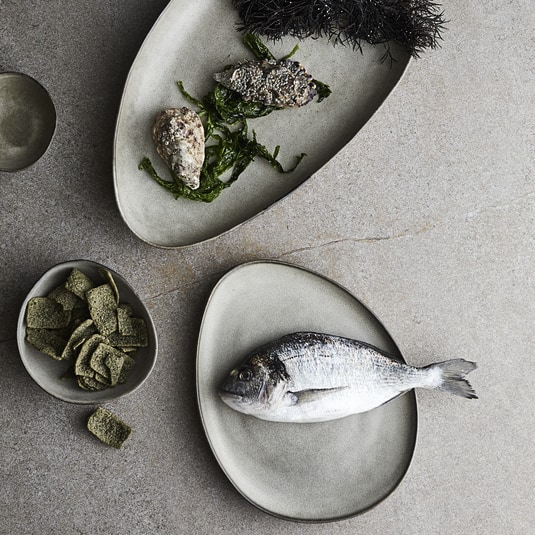A Japanese Philosophy
Not to be confused with the spicy Japanese sauce we know and love, wabi-sabi is the Japanese philosophy that celebrates imperfection.
The New Hygge
We at Muubs are highly influenced and inspired by the Japanese aesthetic. In today’s Japan, the meaning of wabi-sabi is often condensed to “wisdom in natural simplicity” and also defined as “flawed beauty”.
Wabi-sabi is also referred to as the ‘New Hygge’ — a way of making your home calm and soulful.
What is Wabi-Sabi
The core Wabi-Sabi teaches us to hold on to what’s essential, and let go of everything else. It also helps us to re-examine what “essential” really means, which can make daily life feel simpler, more thoughtful and more carefree. Wabi means simplicity, humility, and living in tune with nature.
Wabi-Sabi in practice
Wabi connotes rustic minimalism, the natural and tranquillity. With objects, it can refer to quirks and anomalies arising from the process of construction, which add uniqueness and elegance to the object.
Sabi, on the other hand, refers to what happens with the passage of time. It’s about the beauty or serenity that comes with age, when the life of the object and its impermanence are visible in its patina and wear, or in any visible repairs.
Practising Sabi is learning to accept the natural cycle of growth and embracing the imperfections that come with this progression. Together, Wabi and Sabi form a feeling that finds harmony and serenity in what is uncomplicated, unassuming, mysterious and fleeting.
Wabi-Sabi interior
It’s all about that effortless, lived-in look. Natural textures like linen, stone, wood and clay in muted colours, organic designs and shapes.
Wabi-sabi is about embracing imperfections and personal authenticity, making wabi-sabi a wonderful interior philosophy.
With wabi-sabi, simplicity is key. Allow pieces of art space to shine on their own. Bring an element of nature into the room. Choose accessories with a functional purpose.
Honour the beauty in existing imperfections.



